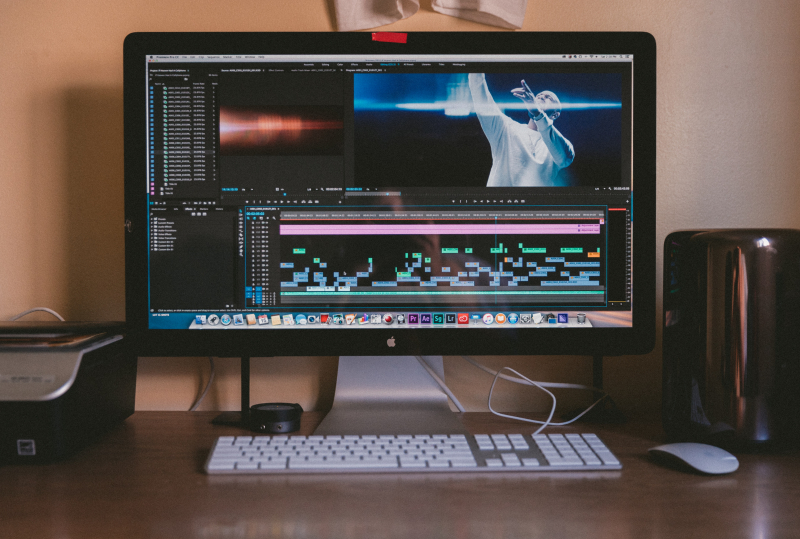Adobe Photoshop

Photoshop is intended for professional designers and photographers who want to make pixel-level changes and apply advanced effects to their work. Serious amateurs can also greatly benefit from learning to use Photoshop, and the program includes a wealth of tutorials and helpful resources. It is not, however, for those who are unwilling to pay a recurring subscription fee.
Graphic designers who work with raster images and require compositing layers will struggle to complete their tasks without Photoshop. Because it is the industry standard, any clients or vendors you work with will accept files created with Adobe's industry-leading image software. Other tools that support its formats exist, but they aren't always 100% compatible and lack Photoshop's slick interface and cutting-edge image-manipulation tools.
Photoshop is capable of editing and composing raster images in multiple layers, as well as supporting masks, alpha compositing, and a variety of color models. Photoshop supports these features by using its own PSD and PSB file formats. In addition to raster graphics, Photoshop has limited capabilities for editing or rendering text, vector graphics (particularly vector graphics via clipping paths), 3D graphics, and video. Its feature set can be supplemented by plug-ins, which are programs created and distributed independently of Photoshop that run inside it and provide new or enhanced functionality.
PROS:
- Vast set of photo correction and manipulation tools
- Slick interface with a lot of guidance
- Tools for mobile and web design
CONS:
- No perpetual license option, hard to find the best price online
- Premium assets aren't cheap
- Steep learning curve
Functions:
- Layer Editing
- Lens Profile Corrections
- Content-Aware Edits
Link to download: https://www.adobe.com/products/photoshop.html
Website: https://www.adobe.com/













